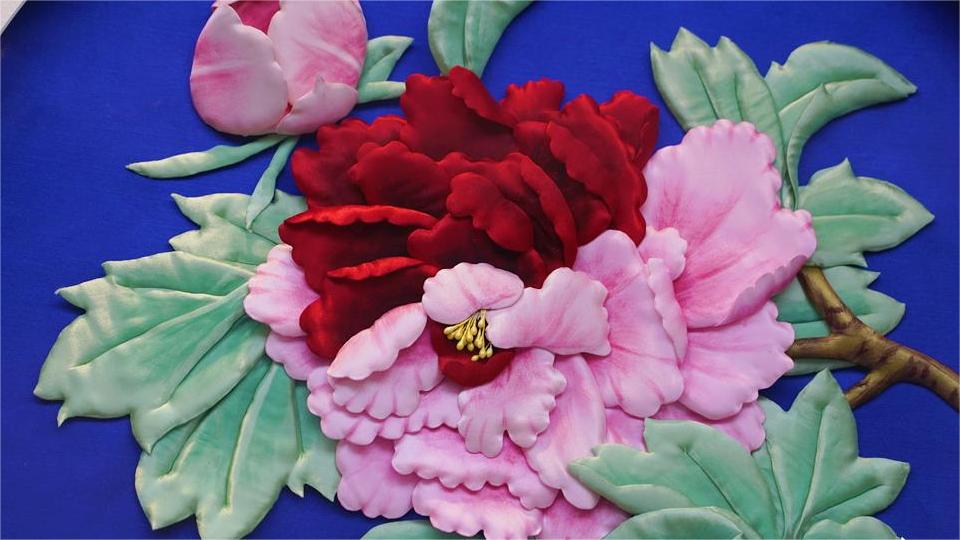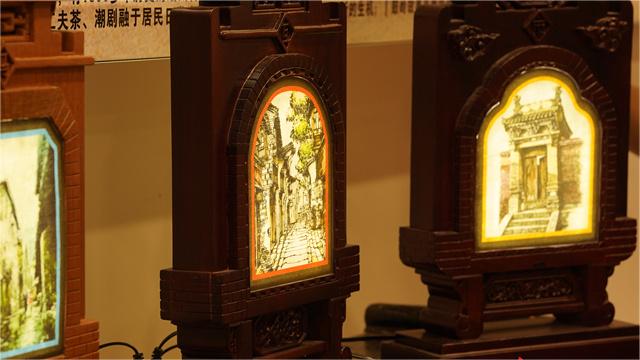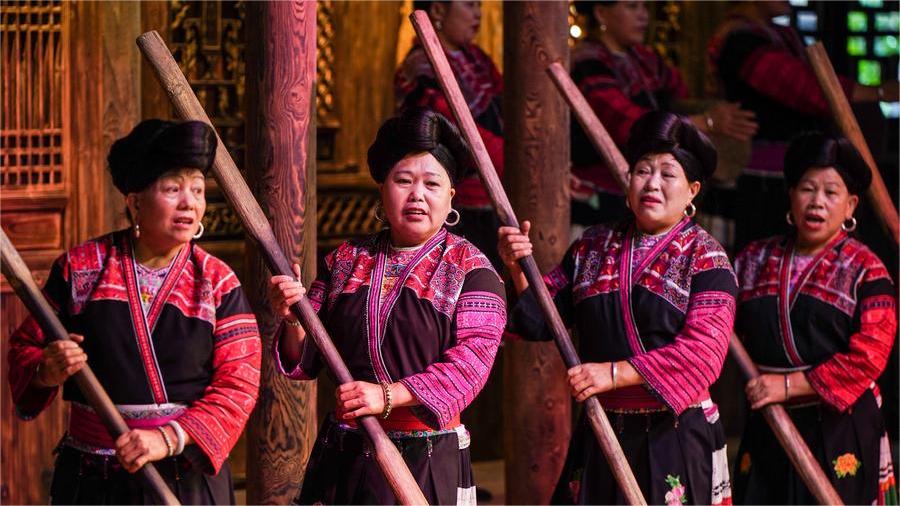China, Kazakhstan ignite light of fusion of civilizations
With China and Kazakhstan making more solid progress in Belt and Road cooperation, both sides are writing new chapters in cultural and people-to-people exchanges.
Join People's Daily Online to discover a multi-faceted framework of people-to-people exchanges in areas including culture, art, education, and health between the two countries and explore how different civilizations live together in harmony.
Belt and Road cooperation enhances people-to-people bond between the two countries
On Sept. 7, 2013, Chinese President Xi Jinping delivered a speech in Kazakhstan and for the first time proposed building the Silk Road Economic Belt.
Over the past decade, Belt and Road cooperation has grown from scratch, prospered and yielded fruitful achievements.
Trade between China and Kazakhstan surpassed $40 billion for the first time in 2023, reaching $41 billion, a year-on-year increase of 32 percent.
In the Central Asian country, one can see the logos of Chinese tech firm Xiaomi in stores for digital products, Chinese ceramics in markets, and vehicles of Chinese auto brands including Geely, Chery, and BYD on the streets. All these serve as testament to the smooth flow of trade between the two countries.
Just as the ancient Silk Road fostered friendship through trade, today's Silk Road Economic Belt is bringing the people of China and Kazakhstan closer together through trade.
On the streets of Kazakhstan's capital, Astana, People’s Daily Online reporters met several residents who expressed warm feelings towards China.
"I follow many Chinese car brands, and if I had the opportunity, I would like to travel to Hainan in China," said one local resident.
A ceramic tableware seller in Astana noted, "I sell Chinese ceramic tableware, and the best-selling items are tea sets. With the improvement of China-Kazakhstan relations, more and more customers can go to China to choose products on their own."
A Kazakh businessman said, "I have been to China five or six times because of my timber business. My son is currently learning Chinese, and I believe this is the best investment."
The mutual visa exemption agreement between China and Kazakhstan came into force in November 2023. In 2024, the Kazakhstan tourism year in China was inaugurated. A total of 26 pairs of sister provinces and cities had been established between China and Kazakhstan. Frequent mutual visits between the two peoples further strengthened the foundation of a millennia-old friendship.
China, Kazakhstan pass on friendship forged in times of adversity from generation to generation
The ancient city of Almaty is located on the ancient Silk Road. In Almaty, there is a Xian Xinghai Boulevard, which got its name from a heartwarming story.
In 1941, Xian, a renowned Chinese composer, arrived in Almaty. At that time, he was worn down by poverty and illness. Fortunately, the Kazakh composer Bakhitzhan Baikadamov took care of Xian and provided him with the comfort of a home. It was in Almaty that Xian refined his famous work Yellow River Cantata and wrote Amangeldy, a symphony in honor of the Kazakh national hero, which proved immensely popular with the local people.
In 2019, "The Composer," a movie about the story of Xian and Baikadamov jointly produced by China and Kazakhstan, hit the screens.
"I often ask myself, 'If I were Xian, would I be as strong as him?'" said Sabit Kurmanbekov, art director of the movie, in front of the Abay Opera House, one of the movie's filming locations.
After the movie had finished filming, Kurmanbekov felt he was getting closer to China. "The Chinese crew arrived early and left late, and their diligence, professionalism, and team spirit deeply impacted us," he remarked.
During the war, the Baikadamov family formed a genuine friendship with Xian. A Kazakh proverb goes, "If you save a person's life, the sheep at home will give birth to twins." This sentiment aligns with the traditional Chinese cultural belief that "the benevolent man loves others."
At the China-Kazakhstan Center for Traditional Medicine in Astana, Ismail Daurov, a traditional Chinese medicine (TCM) therapist who previously studied TCM in China, was giving Tuina remedial massage to Gulzhina, a patient who was undergoing rehabilitation treatment at the center after a brain surgery following recommendations from her fellow patients. The treatment has improved her mobility.
Since its inauguration in December 2022, the center has treated nearly 8,000 patients and provided remote consultations globally for over 200 patients. Currently, the center employs nearly 10 TCM practitioners from both countries, serving roughly 60 patients every day.
As a part of fine traditional Chinese culture, TCM has gained significant popularity in Kazakhstan, helping strengthen the emotional bonds between the two peoples.
Mutual learning facilitates interactions among civilizations
In Kazakhstan, music and horse culture serve as bridges for the interactions and mutual learning among civilizations.
Clara Hafizova, a sinologist in Kazakhstan, said classical Chinese novels such as "Romance of the Three Kingdoms" often depict close bonds between heroes and their horses, echoing Kazakh tales of warriors and their steeds.
"Artistic works themed on horses - be they sculptures, paintings, or music - bridge the cultural gap between the civilizations of nationalities living in the Yellow River basin and civilizations of other nationalities, such as nomadic nationalities," Hafizova noted.
The Kazakh Museum of Folk Musical Instruments in Almaty is home to dombras, a traditional Central Asian musical stringed instrument, guitars from Western Europe, erhu, a traditional Chinese stringed musical instrument, and Southeast Asian harps, illustrating the harmonious coexistence of different civilizations.
China and Kazakhstan now participate in various forms of cultural exchanges. From late May this year, viewers of Astana TV can watch the dubbed Chinese TV series "The Rebel Princess" on weekdays. In June, another Chinese TV drama began airing in the country.
Through these TV dramas, Kazakhs can observe how Chinese people navigate interpersonal relationships with mutual respect, said program director Asel Nukisheva.
In April this year, a Kazakh film crew came to Hengdian World Studios, a film studio in east China's Zhejiang Province, for filming.
A bookstore in Almaty sells over 1,000 kinds of books on Chinese politics, history and culture, among other subjects. It has reported brisk sales thanks to "Chinese learning fever," said Zhanar Kazhimova, manager of the bookstore.
Gulaina Zhenis, a teacher at Al-Farabi Kazakh National University, is a regular at the bookstore, and often recommends books to her Chinese language students. Begzada Sarsenbayeva, a freshman in Kazakhstan, said she developed an interest in Chinese characters as they resemble pictures. Now, she has learned about Chinese radicals, pinyin and the connotation of the pictographs of Chinese characters.
Civilizations have become richer and more colorful with exchanges and mutual learning. From the blending of cultures along the ancient Silk Road to supporting each other during the Anti-Fascist War and the launch of the Belt and Road Initiative, China and Kazakhstan have forged a strong bond. As good neighbors, partners, and brothers, the two nations will continue cooperating closely, writing new and exciting chapters in their enduring friendship.
(Web editor: Hongyu, Wu Chengliang)









